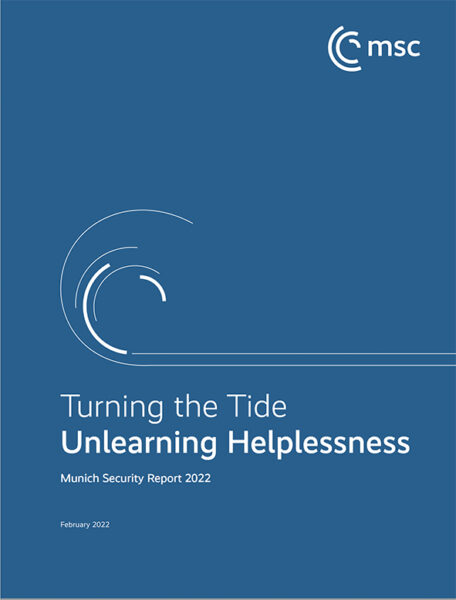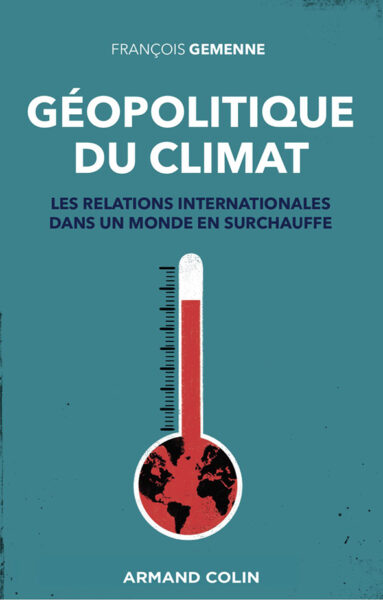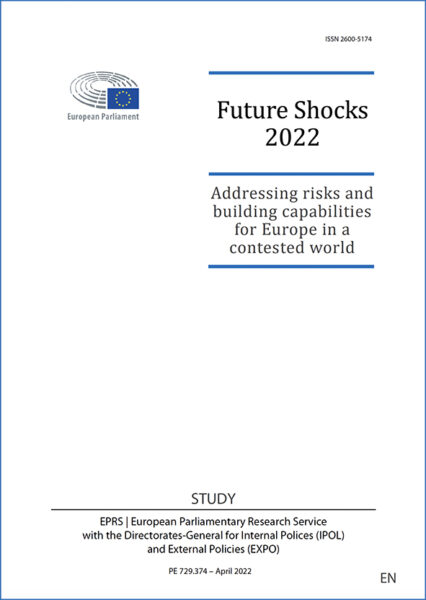The early months of 2011 have seen a substantial wave of protest by civil populations against their governments in many Arab countries (Egypt, Tunisia, Libya, Syria, Yemen etc.). Most of the regimes targeted were (or still are, if they have not fallen) authoritarian regimes that show little regard for human rights and the demands of their populations. Yet their leaders were accepted in the world’s chancelleries and regarded as legitimate interlocutors in the eyes, among others, of the European Union. Given this state of affairs, what might the consequences of this “Arab spring” be for relations between Europe and the southern shore of the Mediterranean?
This is the question Jean-François Drevet poses here in his European column. After reviewing the way the Union and its member states cooperated with these fallen or weakened regimes (particularly in the fields of the economy and immigration), he indicates the possible prospects for the development of Euro-Mediterranean relations. He stresses, in particular, the difficulties that might ensue in terms of EU enlargement policy, the supply of hydrocarbons, and the management of clandestine immigration, and he also considers the implications for the Israel-Palestine conflict and for EU-Turkish relations.


